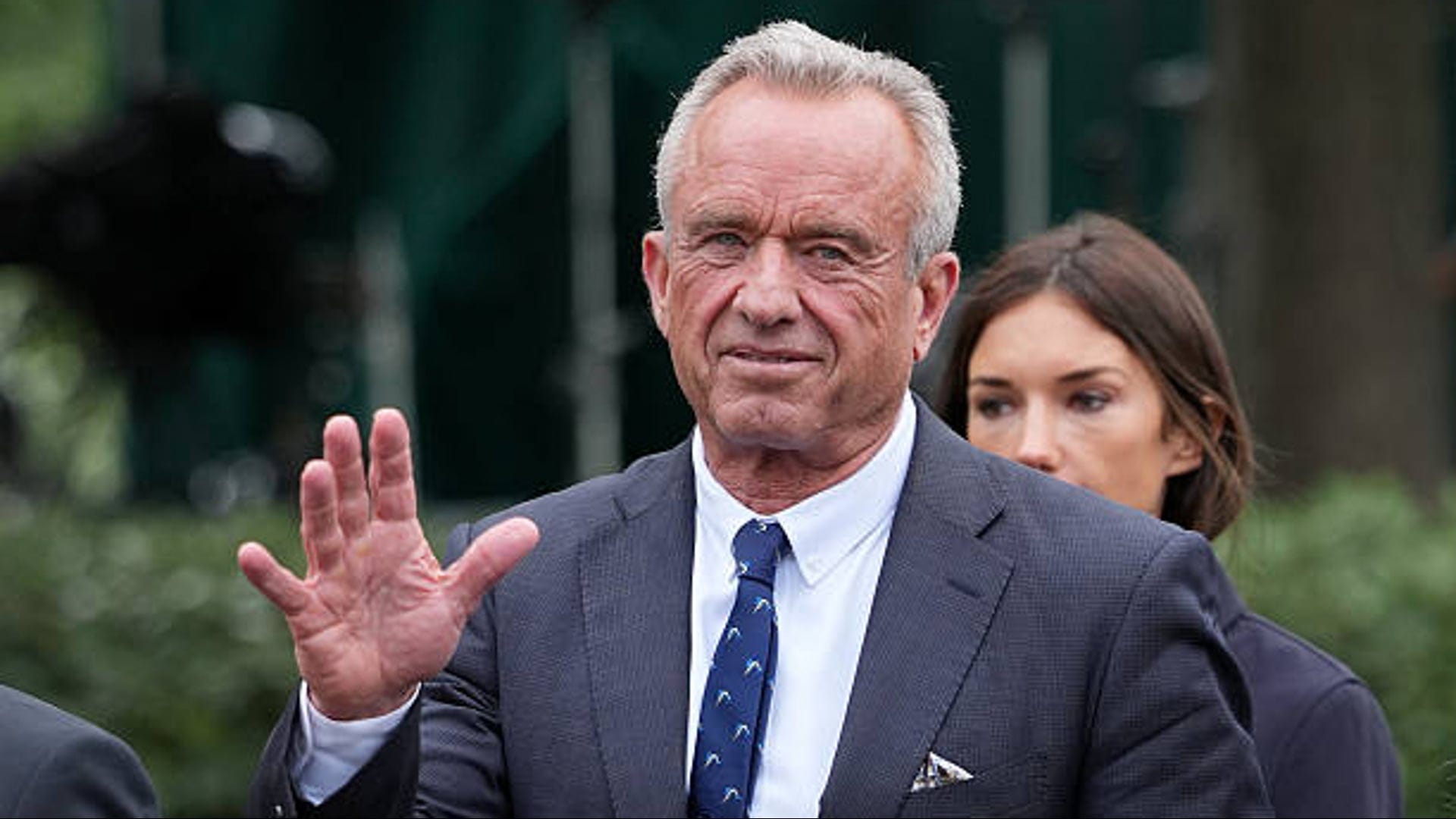RFK Jr. fired all 17 members of key vaccine committee ACIP. What exactly does that mean?

For more than 60 years, the Centers for Disease Control and Prevention has relied heavily on an independent expert panel to establish vaccine recommendations.
But for the first time in its history, no one is serving on that advisory committee after Health and Human Services Secretary Robert F. Kennedy Jr. fired all its 17 sitting members June 9.
Noel Brewer, a professor at the University of North Carolina Gillings School of Global Public Health, had been on the panel, called the Advisory Committee on Immunization Practices (ACIP), since July 2024 before the firings blindsided him.
“It’s surprising … shocking,” he said. “None of us had any idea that this was coming, so it came out of the blue and it was not something that’s ever been done before with ACIP.”
Kennedy plans to replace the fired members with new people “currently under consideration,” according to a statement by the U.S. Department of Health and Human Services.
Kennedy's decision marks a reversal from what a key Republican senator said the Trump Cabinet member had promised during his confirmation hearings this year. Sen. Bill Cassidy, R-Louisiana, chair of the Senate Committee on Health, Education, Labor and Pensions, said Kennedy had promised to maintain the advisory committee's current composition.
"If confirmed, he will maintain the Centers for Disease Control and Prevention’s Advisory Committee on Immunization Practices without changes," Cassidy said.
In a June 9 post on X, Cassidy said he's in contact with Kennedy to ensure ACIP won't "be filled up with people who know nothing about vaccines."
Kennedy says "a clean sweep" will "reestablish public confidence in vaccine science." Some who follow the Make America Healthy Again movement praise his decision, but former health officials and medical experts worry the firings will sow more distrust in the public health system and impede access to vaccines.
“An important part of our social contract is trust and introducing unnecessary chaos and disruption violates that trust,” said Cathy Bradley, dean of the Colorado School of Public Health.
What does ACIP do?
After the Food and Drug Administration approves a vaccine, ACIP reviews the scientific evidence to create guidance on who should receive it based on age, preexisting medical conditions and other factors.
The CDC director approves the recommendations, which shape guidance from other medical organizations and insurance coverage.
In an op-ed published by The Wall Street Journal, Kennedy said the committee has been “plagued with persistent conflicts of interest,” citing evidence from 25 years ago. Brewer said the committee has since strengthened its vetting process, which typically takes a year from nomination to member status.
“All ACIP members go through a vetting for conflicts of interest,” he said. “We’re not allowed to have them during our time, we’re not allowed to accept money from drug companies for consulting or grants, we’re not allowed to sue them.”
Members are required to disclose any conflicts of interest, which are published on the CDC website. Meetings are open to the public, typically livestreamed on the CDC website, and are open for public comment.
“It’s a very open and transparent process which leads to a body of individuals with different types of expertise,” said Dr. Richard Besser, president and CEO of the Robert Wood Johnson Foundation and former acting director of the CDC. “Pulling information from decades ago to disparage the ACIP was ludicrous.”
Can Americans still get vaccinated?
Vaccine guidance regarding all the shots recommended for adults and children remains in place for now, which means eligible patients should have access to these vaccines.
But Dr. Tina Tan, a pediatric infectious disease physician and president of the Infectious Diseases Society of America, said that may change as Kennedy appoints new members to the advisory committee.
She fears the administration could walk back certain vaccine recommendations, similar to how Kennedy dropped COVID-19 vaccine recommendations for healthy children and pregnant women on May 27.
Changing vaccine recommendations could affect how private insurance companies cover certain vaccines, Tan said, which could deter Americans from getting vaccinated and fuel outbreaks of vaccine-preventable diseases.
ACIP also determines which vaccines are included in the Vaccines for Children program, which provides vaccines to children whose parents or guardians may not be able to afford them.
Changes to the program would be a “great concern for public health,” Brewer said.
It’s also unclear if COVID-19 vaccines will be available in the fall, he said. The committee met in April to discuss the COVID-19 shot, among other vaccines, but Kennedy canceled the vote that would have made recommendations for the fall.
The committee is scheduled to meet June 25 to June 27 with its new committee members, according to the HHS statement.
What parents should know
Doctors and public health experts urge parents to continue discussing vaccine options with their pediatricians and primary care providers.
Tan said professional organizations such as the American Academy of Pediatrics, the American Academy of Family Physicians and the American Medical Association are working together to ensure that children have access to vaccines despite possible changes to the recommendations.
She encourages parents to look to these national organizations for guidance and support, and to vaccinate their children if they’re not up to date with their shots.
“They need to get up to date now, given the fact that access to vaccines at this moment shouldn’t be an issue,” she said. “The American public needs to understand that the federal agencies that were in place before … they’re not going to be the same now."
Adrianna Rodriguez can be reached at adrodriguez@usatoday.com.